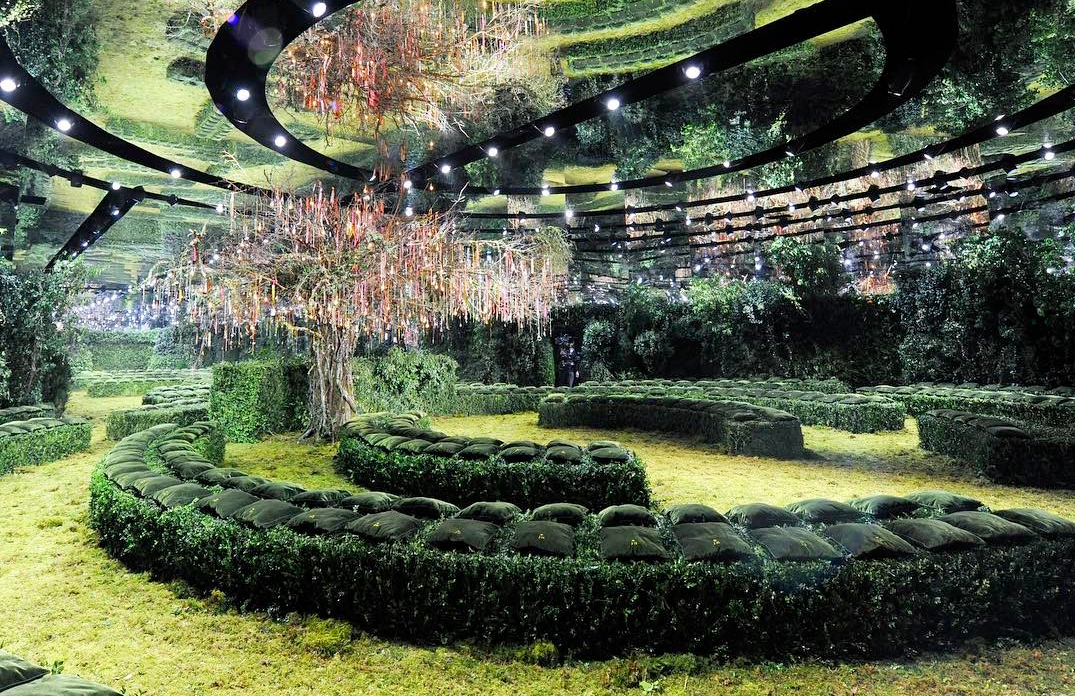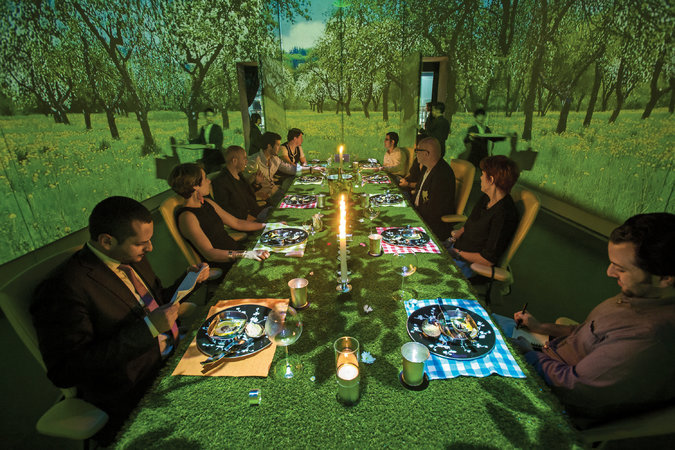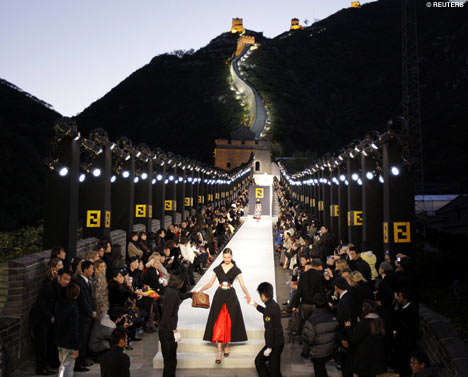Why organize a Fashion Event in China?
The purpose of an event is to bring people together around a project using a more concrete means of communication. It makes it possible to set up sensory marketing elements that cannot be transcribed through another medium. The feeling of closeness is unique and allows the guests to feel more involved in the cause of the event. In addition, in the luxury industry, events are privileged means of communication because they bring exclusivity, rarity, and dreamy effect.
What are the different stages of a Fashion event
Choosing an event agency seems to be the first step in any event. The agency will take charge of the creation of the event according to specifications supplied by the client. She will then propose ideas for themes for the implementation and once these elements are validated by the client, the two parties will reflect together on the client’s strategy (what is this event for, what is its added value in image terms and its return on investment for the company).
The next step is the production of the event: research of the location, providers, materials, etc. according to the predefined budget. The event then takes place, and it is often there that malfunctions can occur; therefore, the two parties must coordinate effectively to limit these incidents. Most people think this was the last step in an event, but the dismantling part is as important as the others.
Eco-responsibility is integrated into each step of a Fashion Event
Think eco-responsible before the event
This initiative begins at the front of the event; keep in mind that making an event greener has a cost in terms of time and money. When drawing up the budget, you have to think broadly if you want to allow yourself to choose greener and recyclable materials. The selection of suppliers and materials sourcing methods is therefore essential from the start of the event.
Apply decisions during the event
During the event, impactful measures can be implemented more easily so that customers notice them; this is also the reason why companies highlight this step in their communication. Banning single-use products such as goblets, straws, or water bottles is the first step. They are easily replaceable with gourds as an example. It then seems natural to think of using recycling bins. As for food & beverage, a good solution would be to produce in smaller quantities, even if it means risking shortage, or to better recycle the leftovers. The idea is to think collectively rather than individually to reduce the astronomical quantities of waste (especially plastic) that events generate.
Eco-responsibility does not stop once the event is over
For the aftermath, materials are most often destroyed or burned because they cannot be recycled, but more and more opportunities for recycling materials are emerging, particularly in Europe. Renting can also be a wise choice, as are donating materials to charities; the last option remains storage, even if this proposal divides professionals because everyone knows that materials are often poorly stored and often lost.
Organizing an eco-responsible Fashion event in China: not an easy task
The subject of the environment is complex in China. The government has just launched a vast environmental awareness campaign across the country with the installation of recycling bins throughout the main cities. But bad habits die hard and overconsumption of plastic, for example, is deeply rooted in Chinese society. Plastic bags are automatically over-distributed, drinks and take-out food are over-wrapped, not to mention home deliveries.
Eco-responsibility, an opportunity for Fashion Brands on the Chinese market
It is precise because eco-responsibility is only underdeveloped that it represents an opportunity in China. A major change is being implanted in awareness of the global environmental crisis. The Chinese, more than any other society, can adapt to a big change completely and quickly; it is enough to make these new eco-responsible gestures habits over the long term. The Chinese use a lot of digital practices in all industries and on a daily basis. It could, therefore, represent an opportunity to establish eco-responsibility in these same industries, therefore including events.
Digital and eco-responsibility, an alliance to rethink events in China
Even if China seems to be “behind” on environmental matters, it is far ahead of digital matters. More and more event agencies attach importance to the subject of sustainable development and try to modify their practices in this direction. The eco-responsible event segment, therefore, represents a thriving niche market for new players entering the market. If you work in this sector and wish to establish yourself in China, you will nevertheless have to consider certain barriers.
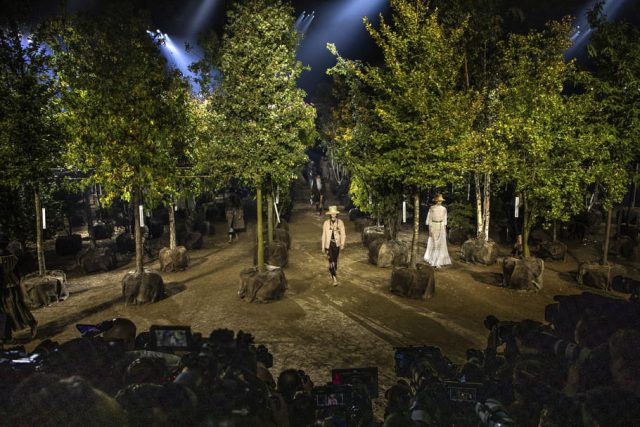
The problem often lies in the budget; even if agencies are starting greener practices for their event proposals, suppliers and customers are not always of the same opinion. It is often the budget that is questioned because eco-responsible materials are often much more expensive than their more polluting equivalents. Even if the actors are of goodwill, you should be aware that if the budget is not planned to make the event greener, the planned measures will be limited.
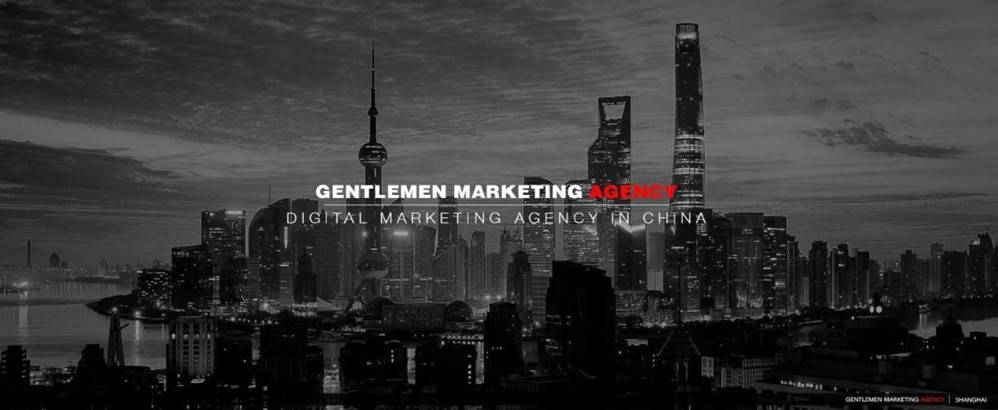
Read more about events in China:

